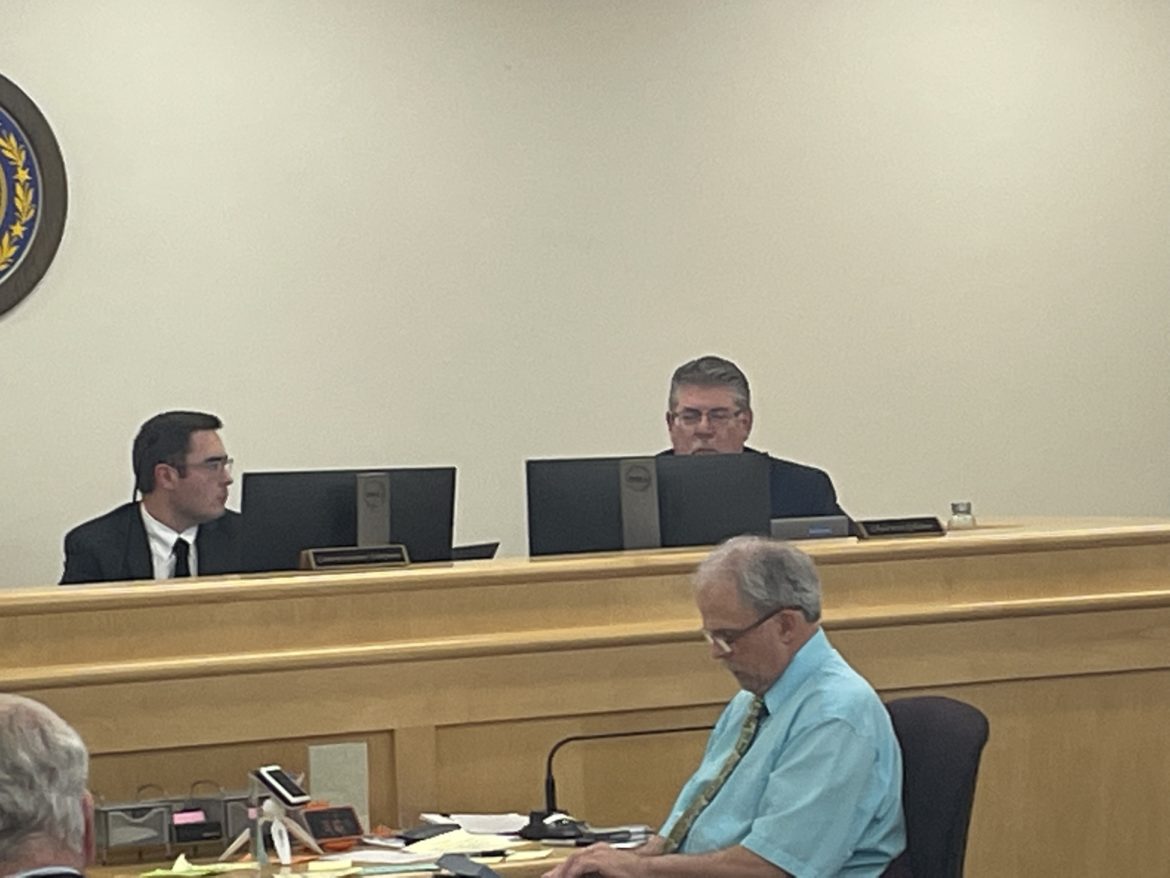I mentioned in another thread but it probably deserves its own thread. Someone I know is very attune in future natural gas pricing was commenting yesterday that the current hedge price for natural gas delivery in January 2023 is in the $30 per MMBTU range. Gas was in the $2 to $3 range not that long ago. Its currently in the $6 to $8 range. The future pricing factors in all sort of bad news but if someone needs to lock in price and needs the gas that is the price. https://www.macrotrends.net/2478/natural-gas-prices-historical-chart
Consumers are generally isolated from these price variations by their utility with a winter and summer rate but the utilities are out there buying futures so the rates are going to be impacted. Drill baby drill in the US really will not help until the US hits the limits of LNG gas production, its far more profitable to sell it offshore than to keep it domestic. Industry has slowly been ramping up this capacity with cross country pipelines ending at LNG plants. The pipelines are frequently controversial in the east and are always represented as a means of keeping US gas prices cheap but the vast majority are there to maximize profits by shipping it offshore.
Even if someone is burning wood, they have to keep in mind that their employer probably is not and I have no doubt that some industries will choose to shut down rather than afford to heat their buildings and processes. Power prices will also be high in areas like New England that rely on natural gas plants.
Consumers are generally isolated from these price variations by their utility with a winter and summer rate but the utilities are out there buying futures so the rates are going to be impacted. Drill baby drill in the US really will not help until the US hits the limits of LNG gas production, its far more profitable to sell it offshore than to keep it domestic. Industry has slowly been ramping up this capacity with cross country pipelines ending at LNG plants. The pipelines are frequently controversial in the east and are always represented as a means of keeping US gas prices cheap but the vast majority are there to maximize profits by shipping it offshore.
Even if someone is burning wood, they have to keep in mind that their employer probably is not and I have no doubt that some industries will choose to shut down rather than afford to heat their buildings and processes. Power prices will also be high in areas like New England that rely on natural gas plants.


